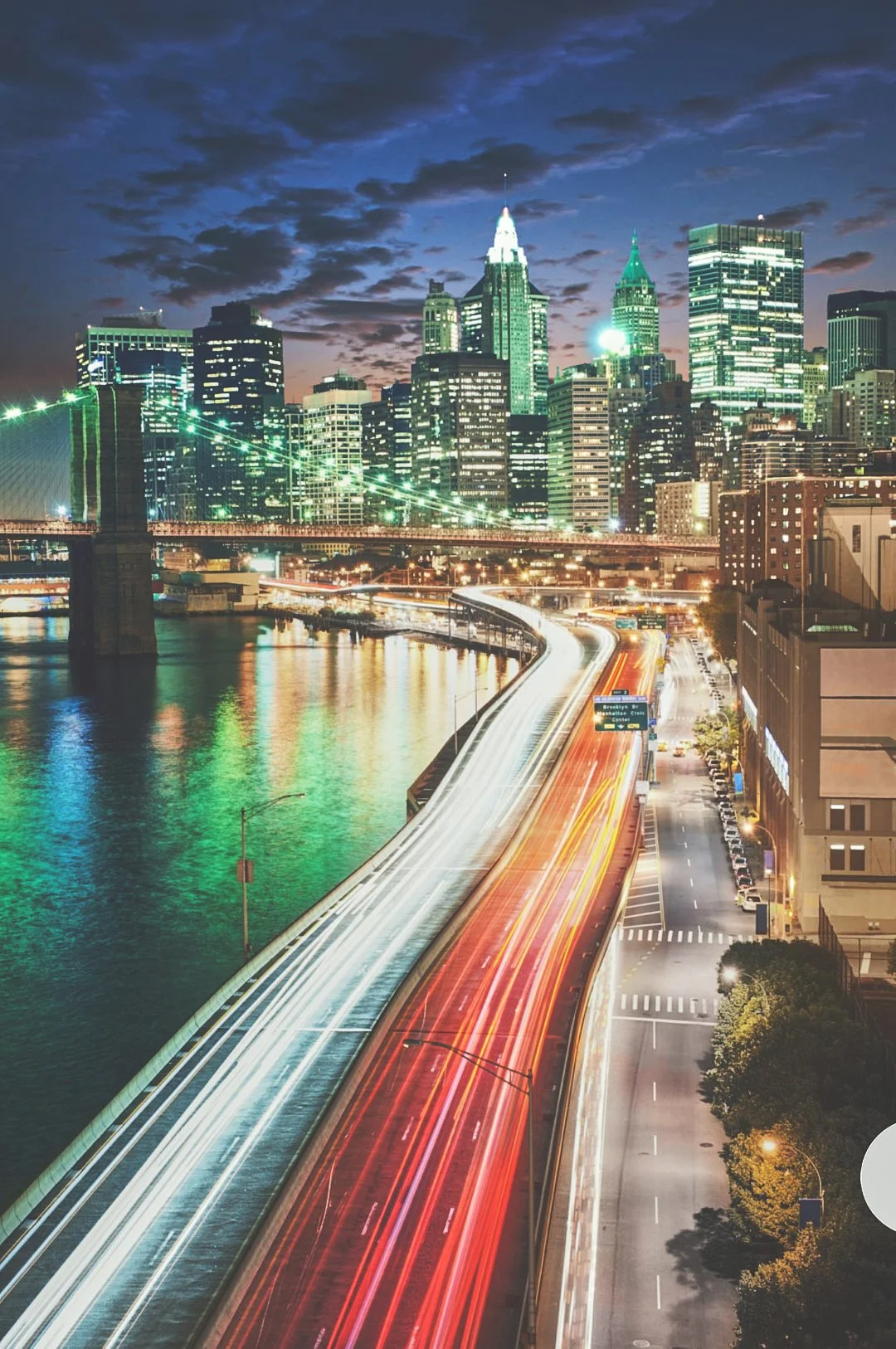#77 Light Pollution
Would you be shocked to learn that many scientists believe the biggest change humans have made to the environment is artificial light and light pollution? Yes, light pollution! As night becomes day with trillions of lights flickering around the world – every living organism on our planet is affected.
Light Up The Night Sky:
Light pollution is defined as brightening of the night sky caused by street lights and other man-made sources, which has a disruptive effect on natural cycles. Many animals rely on the darkness of the night sky to rest while others are nocturnal, meaning they rely on the darkness of the night to hunt, reproduce, and move about. In the last 150 years the advancement in lighting technologies has created an imbalance with nature. Nighttime skies are now filled with light – causing biological and hormonal changes in many species, including humans.
Light Pollution Facts:
Scientific evidence suggests that artificial light at night has negative and deadly effects on many creatures including; amphibians, birds, mammals, insects and plants.
Baby Sea Turtles, when hatched, rely on the light from the horizon to bring them to the water. Millions of baby turtles die annually off the coast of Florida – due to artificial lighting from the housing drawing them in the opposite direction of the ocean.
Every year millions of birds die colliding with needlessly illuminated buildings and towers.
Unnecessary outdoor lighting not only wastes energy, it also contributes to greenhouse gas emissions.
Artificial lights can cause migratory birds to migrate too early or too late and miss ideal climate conditions for nesting, foraging and other behaviors.
Glare from artificial lights can also impact wetland habitats that are home to amphibians such as frogs and toads, whose nighttime croaking is part of the breeding ritual. Artificial lights disrupt this nocturnal activity, interfering with reproduction and reducing populations.
Exposure to artificial light can lead to desynchronization of our internal rhythms. A shift in our clocks impairs our ability to sleep and wake at the appropriate times and leads to a decrease in cognitive and motor skills
The World Health Organization now lists shift work that involves circadian disruption as a probable carcinogen – the American Medical Association has recognized it as a carcinogen and health risk.
How Can I Make An Impact ?
Action 1: Global Goodness
Simply turn off your lights. Making sure you exterior lights are off at night – as well as turning indoor lights on dim or completely off when not in a room reduces light pollution.
Replace your exterior bulbs with low glare bulbs that reduce the distance the light travels.
Action 2: Planet Protector
All of Action 1
Invest in motion sensor lights. Instead of leaving your exterior lights on for hours – opt for motion sensors as they only come on when movement is detected.
Putting your lights on a timer will prevent you from forgetting to turn them off at night.
Action 3: Earth Angel
All of Action 1 & 2
Learn to embrace the darkness. There is something magical about the nighttime sky that the majority of humans miss regularly.
Check with your power company to see if you are paying for outdoor lighting. Many local streets charge the residents on the streets for street lamps. Opt out if possible.
Choose to be an Ambassador for Change, and always Spread Love and Spread Light.
FACTS REFERENCES:
Light Pollution Effects on Wildlife and Ecosystems
https://futurism.com/light-pollution-how-does-it-impact-people
https://www.mnn.com/your-home/remodeling-design/stories/5-ways-you-can-reduce-light-pollution
http://cescos.fau.edu/observatory/lightpol-environ.html
https://www.mnn.com/health/fitness-well-being/stories/light-at-night-can-have-serious-effects


